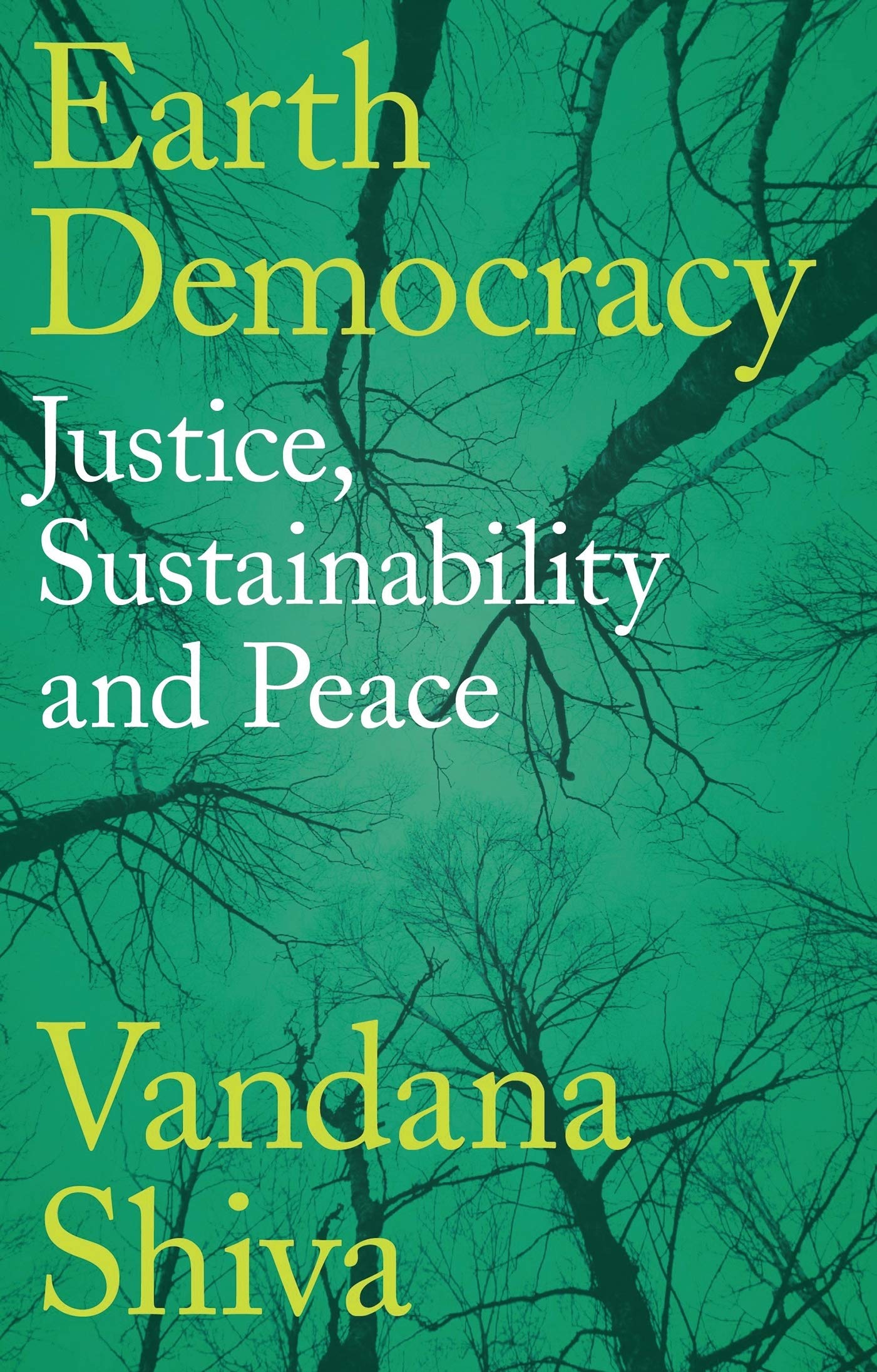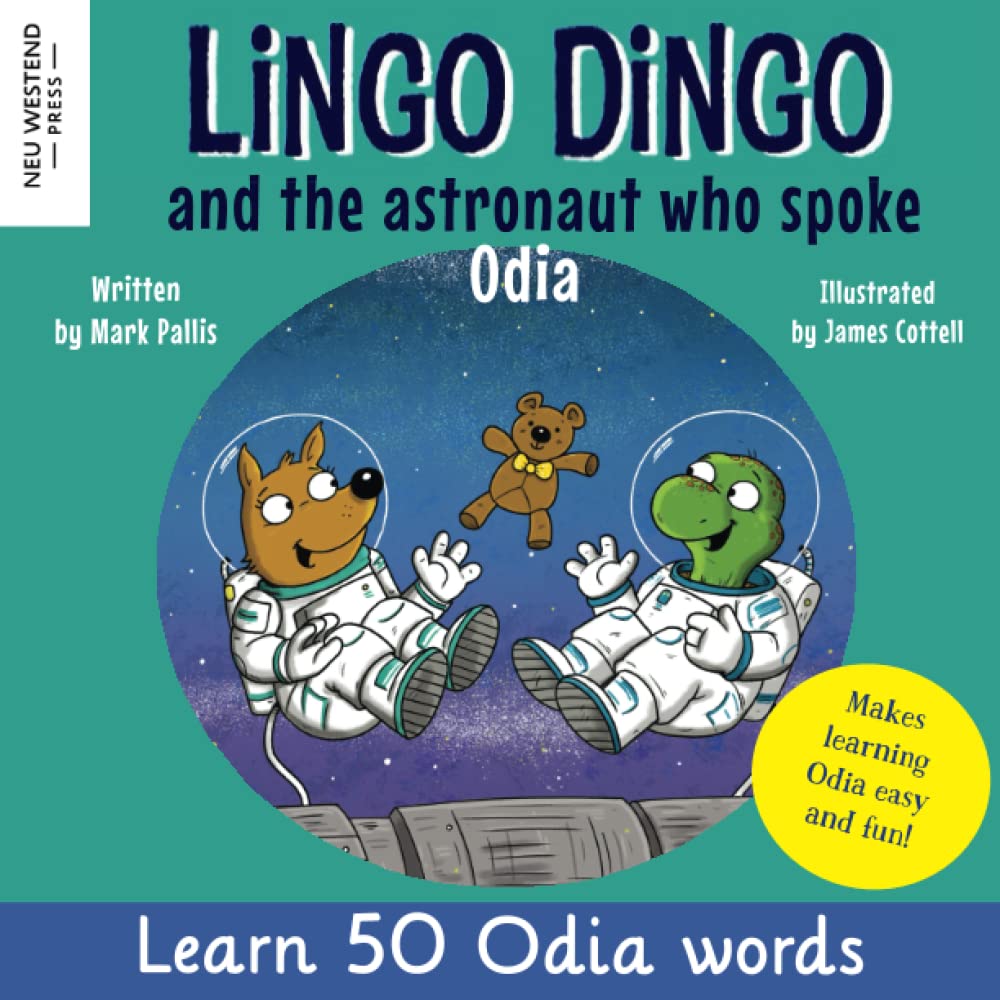'One of the world's most prominent radical scientists.' The Guardian This book remains one of Vandana Shiva's key works, in which she addresses some of the most pressing issues of our age – the privatization of our natural resources, the looming environmental crisis, and the rising tide of fundamentalism and violence against women. In spite of all this, Shiva still sees cause for hope. Across the globe, a new wave of protest movements are championing alternatives based on inclusion, nonviolence, the free sharing of resources and the reclamation of the commons. Shiva argues that these ideals can serve as the basis for “earth democracy”, and for a more just and sustainable future. This edition features a new preface by the author, in which she outlines recent developments in ecology and environmentalism, and offers new prescriptions for the environmental movement. “A world leading expert on food sustainability.” ― Refinery 29 “In Earth Democracy, Shiva provides us with yet another commanding book that evaluates the fragile relationships between man and the environment.” ― The Ecologist “One of the world's most prominent radical scientists.” ― The Guardian “Shiva is a burst of creative energy, an intellectual power.” ― The Progressive “A leading thinker who has eloquently blended her views on the environment, agriculture, spirituality, and women's rights into a powerful philosophy.” ― Utne Reader Vandana Shiva, a world-renowned environmental leader and thinker, is director of the Research Foundation on Science, Technology and Ecology. Her many books include Ecofeminism , Soil, Not Oil and Staying Alive . Shiva has served as an adviser to governments in India and abroad as well as non-governmental organizations including the Women's Environment Development Organization and the Third World Network. She is one of the leaders of the International Forum on Globalization, and the recipient of numerous awards, including the Alternative Nobel Peace Prize (1993). Vandana Shiva, a world-renowned environmental leader and thinker, is director of the Research Foundation on Science, Technology and Ecology. Her many books include Ecofeminism , Soil, Not Oil and Staying Alive . Shiva has served as an adviser to governments in India and abroad as well as non-governmental organizations including the Women's Environment Development Organization and the Third World Network. She is one of the leaders of the International Forum on Globalization, and the recipient of numerous awards, including the Alternative Nobel Peace Prize (1993). Earth Democracy Justice, Sustainability and Peace By Vandana Shiva Zed Books Ltd Copyright © 2016 Vandana Shiva All rights reserved. ISBN: 978-1-78360-774-7 Contents Preface to the 2016 edition, INTRODUCTION Principles of Earth Democracy, CHAPTER ONE Living Economies, CHAPTER TWO Living Democracies, CHAPTER THREE Living Cultures, CHAPTER FOUR Earth Democracy in Action, Notes, Index, CHAPTER 1 Living Economies The earth provides enough resources for everyone's need, but not for some people's greed. — Mahatma Gandhi The word economics is derived from the Greek word oikos, meaning home. Home is where one is born, grows up, and is looked after. Mathew Fox wrote, "Our true home is the universe itself." Robert Frost observes, "Home is the place where when you go there, they have to take you in." Home is where there is always a place for you at the table and where you can count on sharing what is at the table. To be part of a home, a household, is to have access to life. How is it that economic systems today are such unwelcoming spaces? How have they become places that, rather than take us in, often bar our entry, and, in the process, refuse us not only a home, but a right to sustenance, stability, and ultimately life? The dominant economy goes by many names — the market economy, the globalized economy, corporate globalization, and capitalism, to name a few — but all these names fail to acknowledge that this economy is but one of the three major economies at work in the world today. In Earth Democracy every being has equal access to the earth's resources that make life possible; this access is assured by recognizing the importance of the other two economies: nature's economy and the sustenance economy. The globalized free market economy, which dominates our lives, is based on rules that extinguish and deny access to life and livelihoods by generating scarcity. This scarcity is created by the destruction of nature's economy and the sustenance economy, where life is nourished, maintained, and renewed. Globalization and free trade decimate the conditions for productive, creative employment by enclosing the commons, which are necessary for the sustenance of life. The anti-life dimensions of economic globalization are rooted in the fact that capital exchange is taking the place of living processes and the rights of corporations are displacing those













